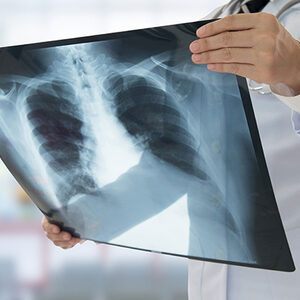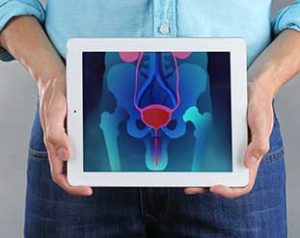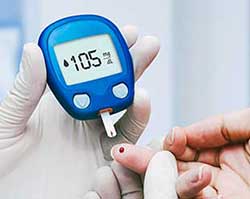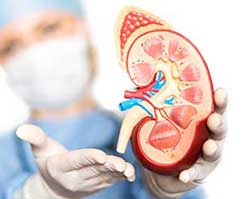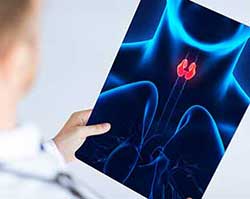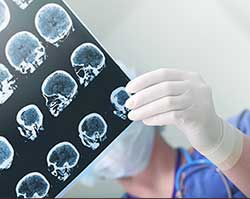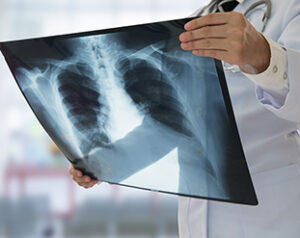Consult City's Top Doctors, The Minute You Need To
First Consultation starting
@ ₹349 ₹599
4044
Cardiologists
62183
Cases done
by Cardiologists
1564
Hospitals
Overview
Unstable angina can be described as a chest pain which occurs due to stress, exertion or during the rest period. It results due to blockage in arteries that supply the heart. The chest pain occurs due to lack of adequate supply of blood to the heart muscle that deprives the heart of the oxygen supply. It is a condition that requires immediate attention. If it is left untreated, it can result in heart failure, heart attack or heart arrhythmias.
The risk factors which can aggravate the disease are a sedentary lifestyle, tobacco, high blood pressure, diabetes, obesity. Women over 55 years and men over 45 years are prone to develop this medical condition.
Unstable Angina Symptoms
Pain or chest discomfort is the main symptom of angina and the symptoms and severity of the disease vary from one person to another.
- Crushing pain in the heart that is sharp, pressure like and squeezing
- The pain radiates to the upper extremities (generally on the left side) or at the back
- Sweating
- Anxiety
- Shortness of the breath
- Unexplained fatigue
- Dizziness
Unstable Angina Causes
Coronary heart disease is the chief cause of the medical condition of unstable angina. It is caused due to the buildup of the plaque all along the arterial wall. The plaque results in the narrowing down of the arteries and names them rigid. This results in less flow of blood to the heart muscle. Chest pain is felt when the muscle of the heart receives an inadequate supply of oxygen and blood.
Heart Attack and Unstable Angina
A heart attack can take place if the blood supply to the heart is blocked. This can be caused due to the buildup of plaque in the arteries of the heart and this medical condition is called unstable angina.
Diagnosis of Unstable Angina
At mfine you would find an expert cardiologist and unstable angina specialist who would carry out a physical examination along with a couple of tests such as electrogram, echocardiography, stress tests etc. to confirm the medical condition of unstable angina.
Understanding Unstable Angina
Angina is the heart-associated chest pain that can be felt in the various other parts of the body like neck, arms, back, and shoulders due to lack of blood supply and oxygen to the heart muscle. There are two types of angina; the stable and unstable. Stable angina can occur when a person exerts himself whereas unstable angina may occur due to stress or at rest.
Unstable Angina Treatment
The primary treatment for unstable angina includes recommending the use of a blood thinner like heparin or aspirin. In severe cases, the cardiologist needs to perform surgery for opening the blocked arteries.
Cardiologists from the mfine platform would suggest lifestyle changes to the patient like eating healthy, reducing the stress, exercising more, quitting smoking, losing the weight.
At mfine, you can come across adept unstable angina doctors near you easily who would provide you with the best treatment.
Other Specialities
Give a missed call to 08061914343 to Download the App




